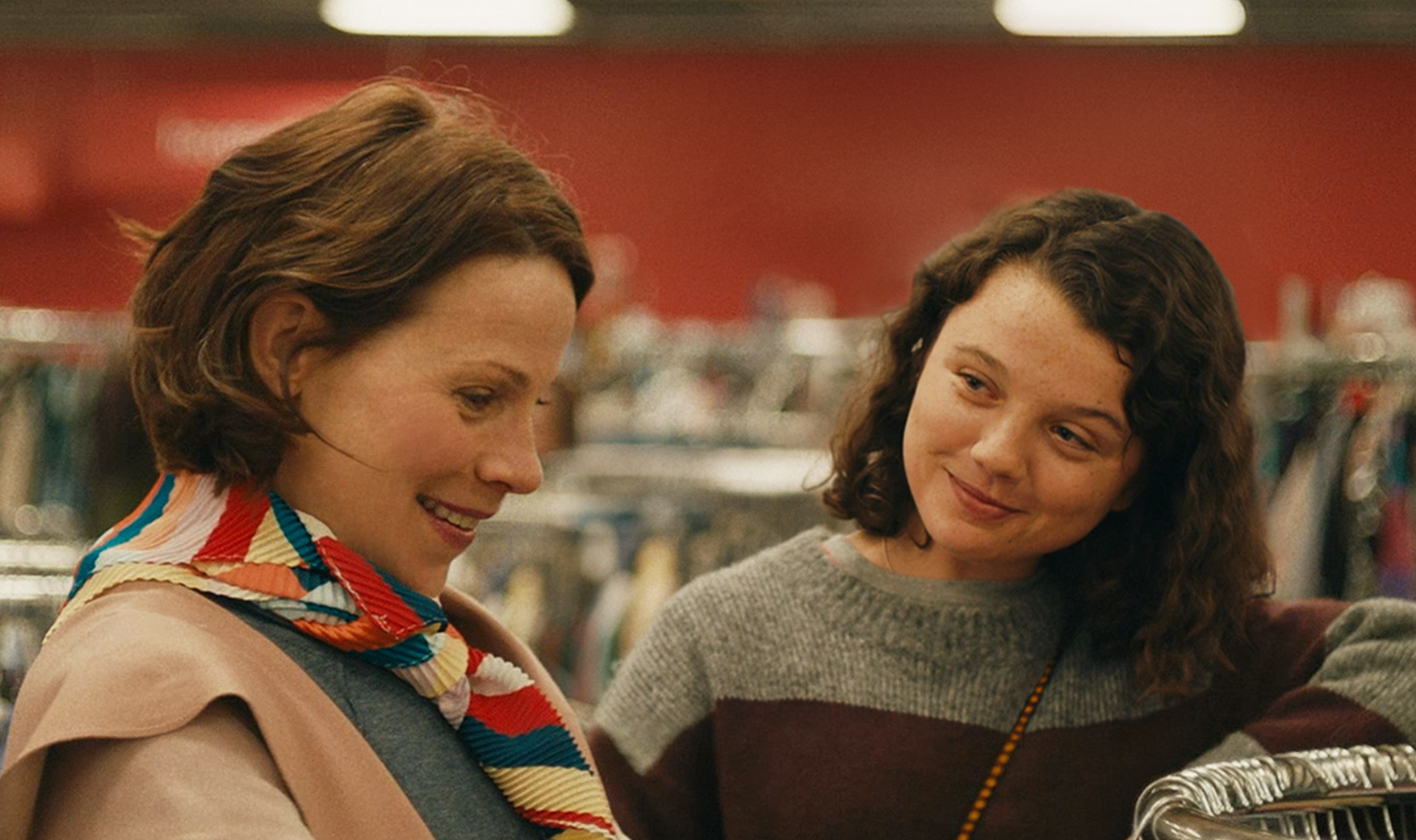
Paper Spiders
Dustin Chase
This is a film that gets my ire up. On the one hand, it is about genuine emotions that are well portrayed, but in its overall point and the intricacies of the story it misses big-time.
Melanie (Owen) and her mother Dawn (Taylor) live in a typical mother-daughter relationship after the father’s death. They disagree, argue a bit, then show their love for each other. Sounds good; the daughter is an A-student, the mother has a paying job.
What happens is the mother’s gradual psychological deterioration. This is charted in the movie fairly well, showing her growing suspicions, mildly—or soundly—doubted by those around her, which eventually transform into frank paranoia.
The film does a good job is showing Melanie’s long, slow realization that her mother has serious problems and the side effect on herself—Melanie—being seduced into risky life events. It also shows very effectively how so many people didn’t do their jobs well, namely, the police who are following rules by rote, and the school counselor (prone to read diagnoses from a book rather than attending to the person in front of him). But also, we could blame the hired private investigator who should have, but didn’t, understand or care to see what he was dealing with—a paranoid woman who wanted major surveillance on her house without much basis for it.
This is a curious film in the sense that it’s not clear what the writers had in mind.
Lili Taylor as Dawn is as good as always in portraying a specific character; in this case, a mentally deteriorating woman who loves her daughter but can’t retain her grasp on reality. Stefanie LeVie Owen as Melanie her daughter, expertly portrays an intelligent young woman who loves her mother, but eventually has to deal with her psychopathology. Ian Nelson as Daniel, Melanie’s heartthrob, and Tom Papa as Howard, Dawn’s Match date, perfectly sync their roles within the story. I loved them as actors, as well as their characters.
This is a curious film in the sense that it’s not clear what the writers, Inon (also director) and Natalie Shampanier, had in mind. If they wanted to illustrate the gradual disintegration of the mind and its effects on the family, they did a reasonably good job. But if they wanted to realistically portray the process and transition of a mentally disturbed person through social service agencies today, I’m afraid they missed the mark. I would rather have seen a film that presented alternative ways of dealing with the problems Dawn and Melanie faced.
Final Thought
Paper Spiders charts a paranoid process very well, but the rest of the story? Not sure.
